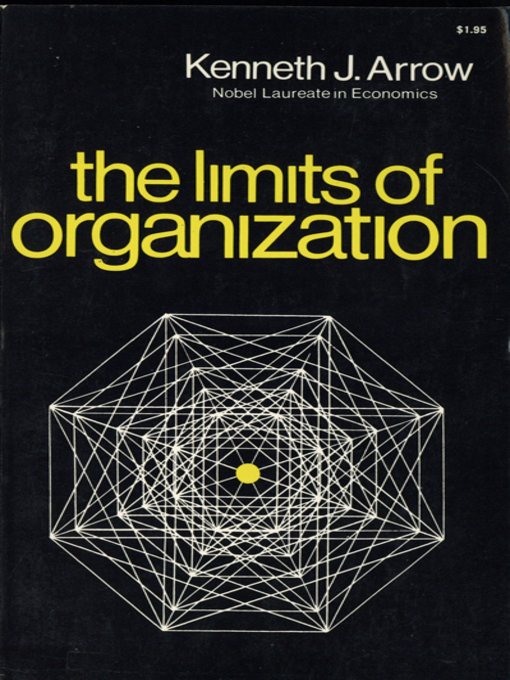-
Description
-
Details

Kindle Book
- Release date: November 14, 2017
OverDrive Read
- ISBN: 9780393355796
- Release date: November 14, 2017
EPUB ebook
- ISBN: 9780393355796
- File size: 636 KB
- Release date: November 14, 2017
Formats
Kindle Book
OverDrive Read
EPUB ebook
subjects
Languages
English
Levels
Lexile® Measure:1260
Text Difficulty:9-12
